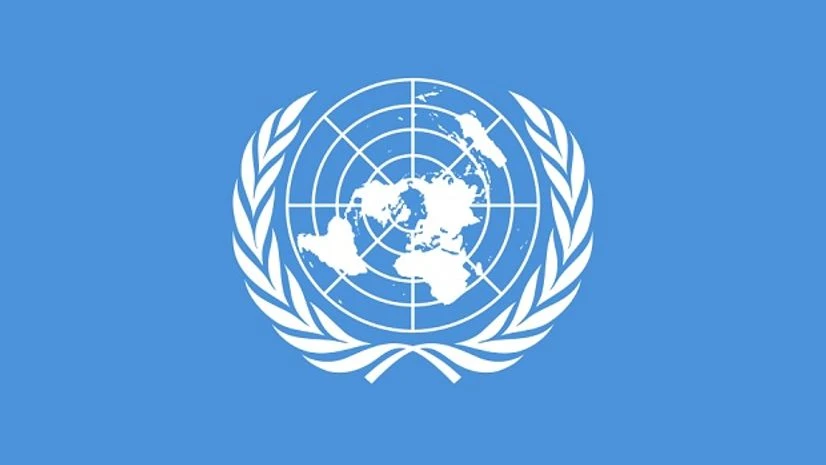The United Nations appealed on Monday for a record $22.2 billion to provide aid in 2017 to surging numbers of people hit by conflicts and disasters around the world.
The work of humanitarians "is more necessary and courageous than ever," UN humanitarian aid chief Stephen O'Brien said in Monday's report.
"More people have humanitarian needs, not least because of protracted crises lasting longer and longer."
More From This Section
The numbers are staggering, especially when considering that three war-ravaged countries -- Syria, Yemen and Afghanistan -- alone account for about a third of all of those in need.
The amount appealed for tops the $20.1 billion requested last December for 2016 -- a year when "humanitarian actors have saved, protected and supported more people than in any previous year since the founding of the United Nations," O'Brien said.
In the end, the UN broadened its 2016 appeal to $22.1 billion, but donors coughed up just $11.4 billion for aid projects this year.
"With persistently escalating humanitarian needs, the gap between what has to be done to save and protect more people today and what humanitarians are financed to do and can access is growing ever wider," O'Brien said.
Making matters worse, O'Brien said that "with climate change, natural disasters are likely to become more frequent, more severe".
Aid needs have been rising steadily for decades. When the UN launched its first global appeal 25 years ago, it estimated that just $2.7 billion would cover aid needs around the globe in 1992.
But the situation has worsened dramatically in the last few years.
Globally, "humanitarian needs continue to rise and humanitarian efforts are hampered by reduced access, growing disrespect for human rights and flagrant violations of international humanitarian law," O'Brien said.
The report highlighted "severely constrained" humanitarian access in places like Syria, Yemen, Iraq and South Sudan, which is "leaving affected people without basic services and protection."
"Mines, explosives, remnants of war and improvised explosive devices impede humanitarian access and threaten the lives of vulnerable populations in conflict-affected regions," it said.

)
